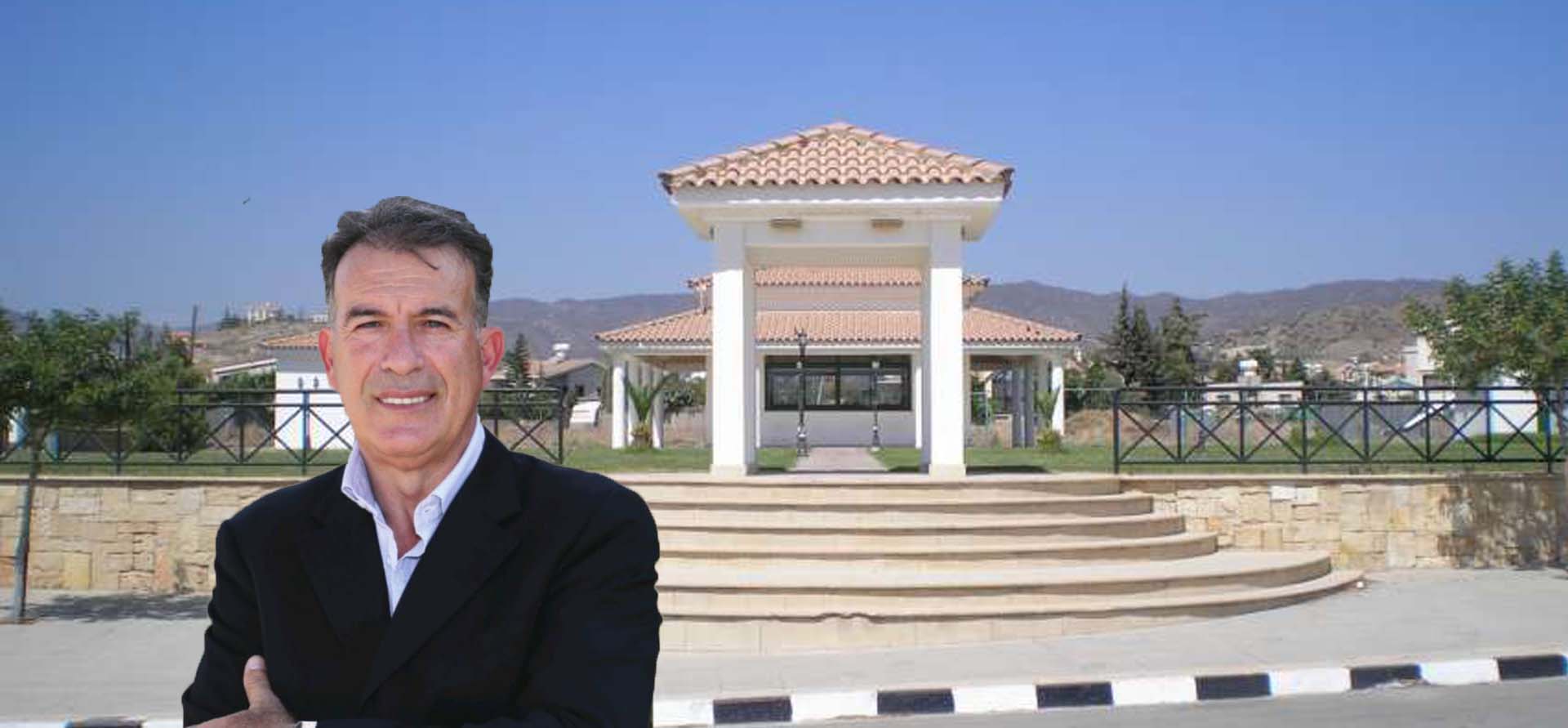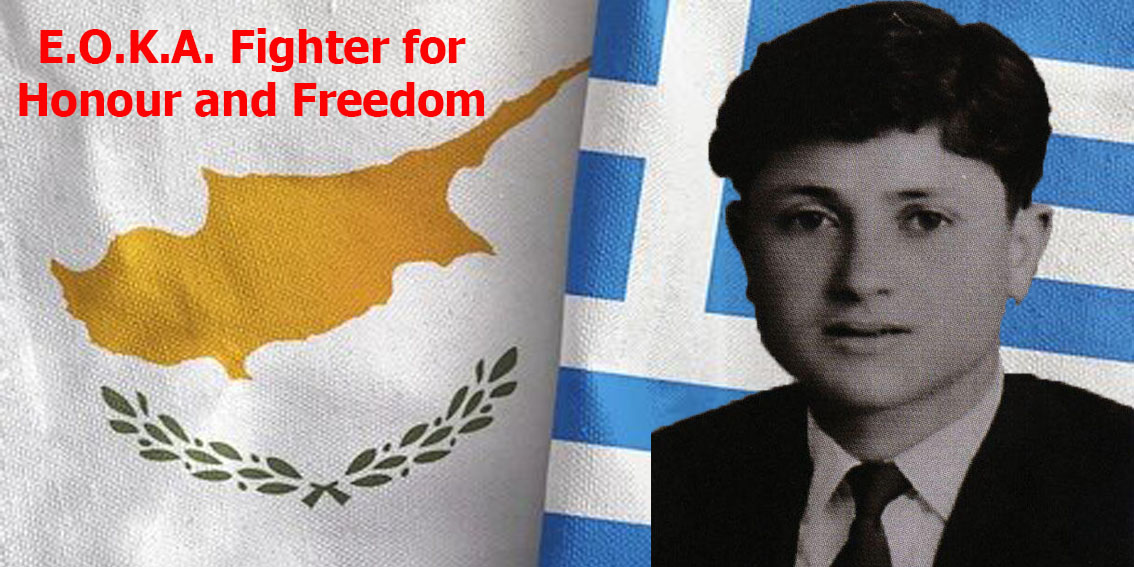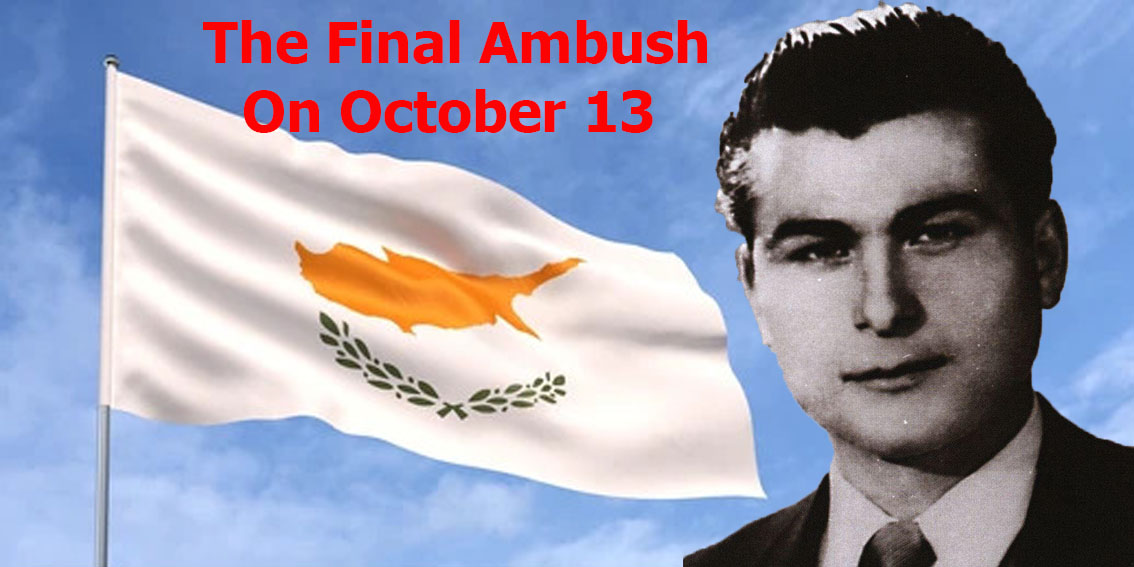The New Mukhtar of Pyrgos Limassol
Finally, the Community of Pyrgos Limassol has Chosen their new Mukhtar. As of the 1st of July the new mukhtar Neoklis Christoforou assumes duties as the new mukhtar promising a better life to the villagers and many basic projects for the needs of the community. We all wish you success and a fresh start for a bright future
The Role of Muktar
A mukhtar, also known as a mukhtar, holds a significant position as a local leader or head of a village or community in various regions, including the Middle East, South Asia, and some parts of the Mediterranean. This role encompasses a wide range of responsibilities, from administrative tasks to social leadership, making the muktar an essential figure in the daily lives of the community members.
Administrative Duties:
The muktar’s administrative duties form a core part of their role. They handle the registration of vital events such as births, deaths, and marriages, ensuring accurate records for the community. Property records also fall under their purview, requiring meticulous attention to detail. By maintaining these records, the muktar facilitates the smooth functioning of local governance and ensures that community members have access to necessary documentation.
Dispute Resolution:
In addition to administrative tasks, the muktar often serves as a mediator in local disputes. When conflicts arise, community members turn to the muktar for resolution. Through their knowledge of local customs and their respected position, muktars help maintain harmony within the community. This mediation role proves especially important in areas where formal legal systems might be less accessible or trusted.
Representation:
Representation of the community to higher levels of government constitutes another crucial aspect of the muktar’s duties. They act as a bridge between the local population and regional or national authorities, communicating the community’s needs, concerns, and suggestions. This role requires strong communication skills and an understanding of both local and broader political landscapes. By advocating for their community, muktars ensure that the voices of their constituents reach decision-makers.
Public Works and Development:
Public works and local development projects often rely on the muktar’s oversight. They coordinate initiatives such as road maintenance, water supply systems, and other infrastructure improvements. This involvement in public works highlights Muktar’s commitment to enhancing the quality of life for community members. Effective management of these projects requires organizational skills and the ability to mobilize resources efficiently.
Social Leadership:
Social leadership also defines the muktar’s role. They often organize and facilitate cultural events, religious ceremonies, and community gatherings. Through these activities, muktars help strengthen community bonds and preserve cultural traditions. Their presence at such events underscores their role as a central figure in the community’s social fabric.
Emergency Response:
In times of crisis, the muktar’s leadership becomes even more vital. During natural disasters or other emergencies, the muktar coordinates relief efforts, ensuring that affected community members receive the support they need. This might involve mobilizing local resources, coordinating with external aid organizations, and providing a point of contact for emergency services. The muktar’s ability to lead during crises can significantly impact the community’s resilience and recovery.
Chosen by the Community
The selection process for muktars varies by region and community. In some areas, community members elect their muktar, valuing democratic principles and local representation. Muktars might be appointed in other areas based on their leadership qualities, social standing, or family lineage. Regardless of the selection method, the effectiveness of a muktar largely depends on their personal qualities, including integrity, empathy, and leadership skills.
Muktars Maintain Vital Role
The role of a muktar involves a complex interplay of administrative, social, and leadership responsibilities. Muktars maintain vital records, mediate disputes, represent their communities to higher authorities, oversee public works, lead social events, and manage crisis responses. Their influence and effectiveness hinge on their ability to balance these diverse duties and their dedication to the well-being of their community. By fulfilling these roles, muktars ensure that their communities function smoothly and cohesively, embodying the spirit of local leadership.




